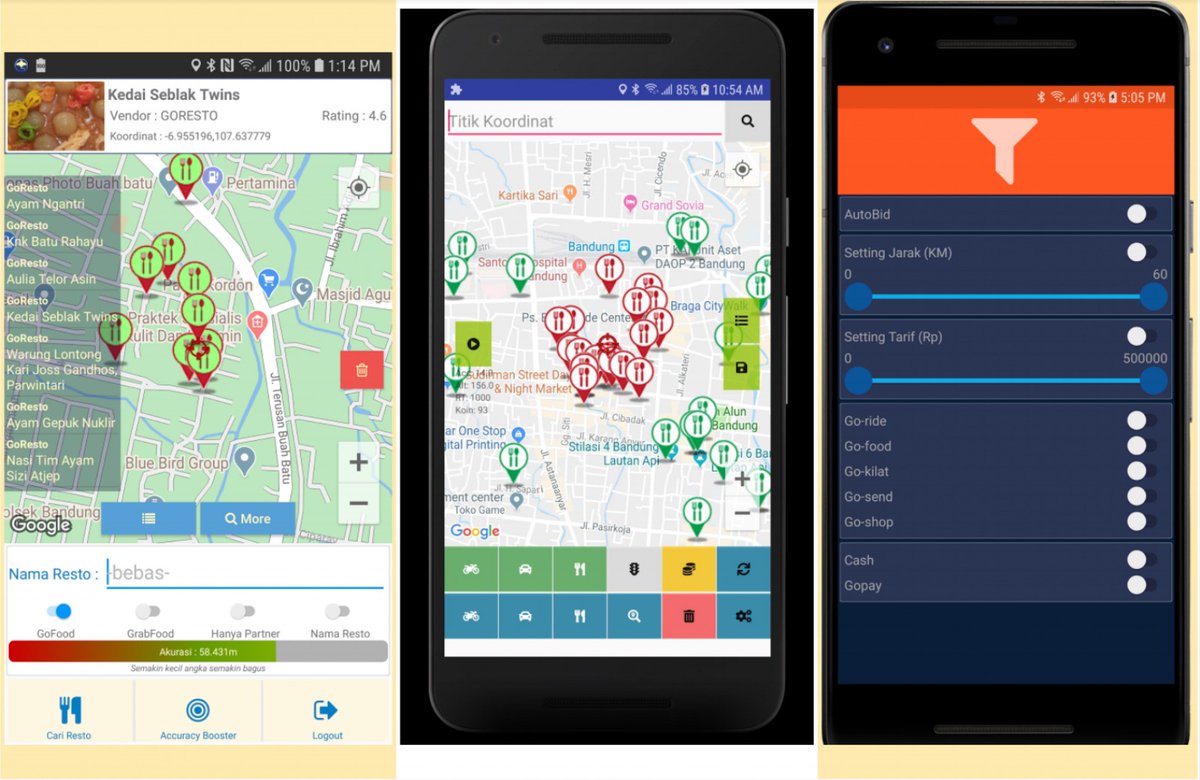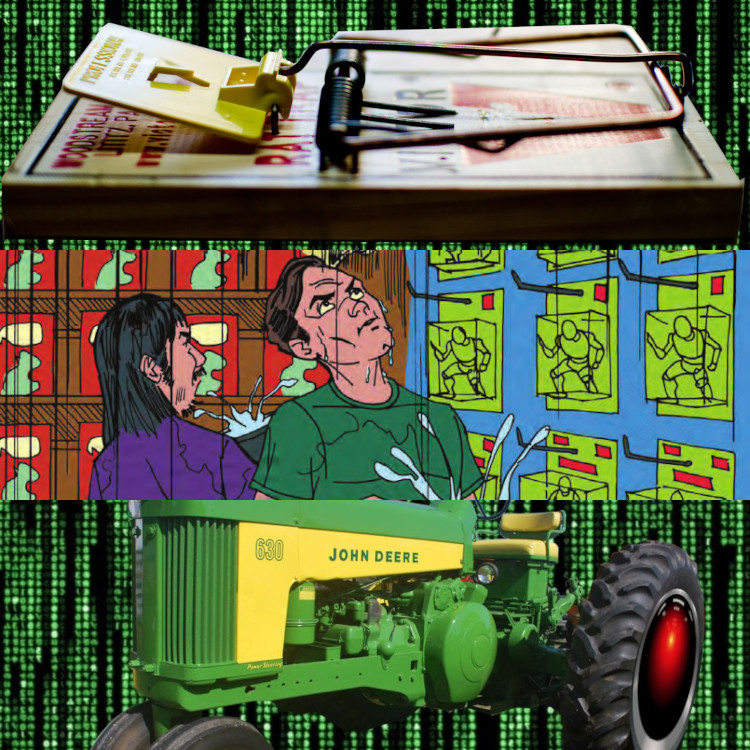
#RightToRepair is a no-brainer. You - not manufacturers - should have the right to decide whom you trust to fix your stuff, even (especially) when that stuff is "smart" and an unscrupulous repair could create unquantifiable "cyber-risk."
1/
1/

And yet...DOZENS of state #R2R bills were defeated in 2018, thanks to an unholy coalition of Big Ag, Big Tech, and consumer electronics monopolists like @WahlGrooming. That supervillain gang reassembled to fight and kill still more bills in 2020/1.
pluralistic.net/2021/05/26/nix…
2/
pluralistic.net/2021/05/26/nix…
2/
It's part of the long trend in which all levels of government make policy based on what serves the interests of the rich and powerful, not the people they serve.
3/
3/
2014's "Testing Theories of American Politics: Elites, Interest Groups, and Average Citizens" (Cambirdge University Pree) quantifies this phenomenon:
cambridge.org/core/journals/…
4/
cambridge.org/core/journals/…
4/
"Economic elites and organized groups representing business interests have substantial independent impacts on U.S. government policy, while average citizens and mass-based interest groups have little or no independent influence."
5/
5/
Right to Repair advocates never lost hope. May's "Nixing the Fix" report from the @FTC establishes a factual record in support of the right to repair across many sectors, but especially agricultural equipment.
pluralistic.net/2021/05/07/pro…
6/
pluralistic.net/2021/05/07/pro…
6/
Big Ag is a particularly odious repair troll, and @JohnDeere is its standard-bearer. The company has been trying to felonize farmers' repairing their own tractors since at least 2015:
web.archive.org/web/2015042817…
7/
web.archive.org/web/2015042817…
7/
They told the US @CopyrightOffice that farmers don't own their tractors - because tractor firmware is copyrighted, it is licensed, not sold, and farmers must abide by the company's license terms.
wired.com/2015/04/dmca-o…
8/
wired.com/2015/04/dmca-o…
8/
At the same time, Deere started pushing the insulting story that farmers are yokels, too stupid to fix their tractors. This despite Deere's long history of turning farmers' modifications of their equipment into money-making features in new tractors.
securityledger.com/2019/03/opinio…
9/
securityledger.com/2019/03/opinio…
9/
Farmers have been fixing their own gear literally since the dawn of civilization, hacking their own plows. Every farm has a workshop, because when you're at the end of a country road and there's a hailstorm coming, you need to bring in the crops, not wait for a repair tech.
10/
10/
Deere's arguments that independent repair will expose America's food supply to cyber-risk are equally hollow, because Deere has some of the WORST cybersecurity of ANY industry - winning the infosec race to the bottom.
pluralistic.net/2021/04/23/rep…
11/
pluralistic.net/2021/04/23/rep…
11/
Despite Deere's lobbying, patronizing and FUD, the right to repair has - finally - triumphed.
Today, the Biden administration announced an executive order directing the Department of Ag and the FTC to develop R2R rules for agricultural equipment!
vice.com/en/article/epn…
12/
Today, the Biden administration announced an executive order directing the Department of Ag and the FTC to develop R2R rules for agricultural equipment!
vice.com/en/article/epn…
12/
The fight's not over yet. The devil is in the details, those rules the FTC and Ag develop. But with superheroes like @linakhanFTC running the FTC, there's reason to believe that we're going to get good, evidence-based and fair rules.
13/
13/
This is HUGE, a massive vindication for R2R activists and their long, tireless struggle.
Image:
Cryteria (modified)
commons.wikimedia.org/wiki/File:HAL9…
CC BY:
creativecommons.org/licenses/by/3.…
eof/
Image:
Cryteria (modified)
commons.wikimedia.org/wiki/File:HAL9…
CC BY:
creativecommons.org/licenses/by/3.…
eof/
ETA - If you'd like an unrolled version of this thread to read or share, here's a link to it on pluralistic.net, my surveillance-free, ad-free, tracker-free blog:
pluralistic.net/2021/07/07/ins…
pluralistic.net/2021/07/07/ins…
• • •
Missing some Tweet in this thread? You can try to
force a refresh













